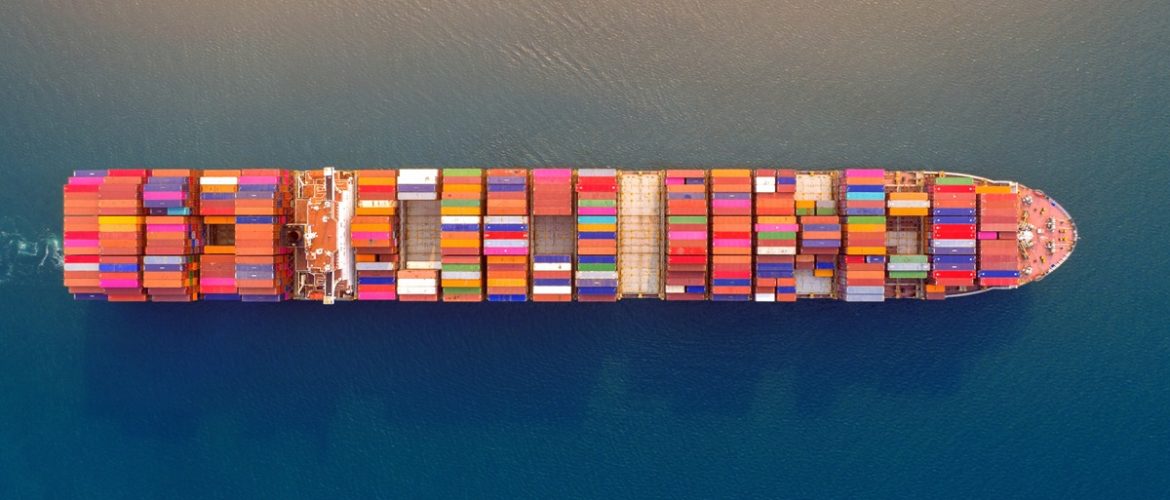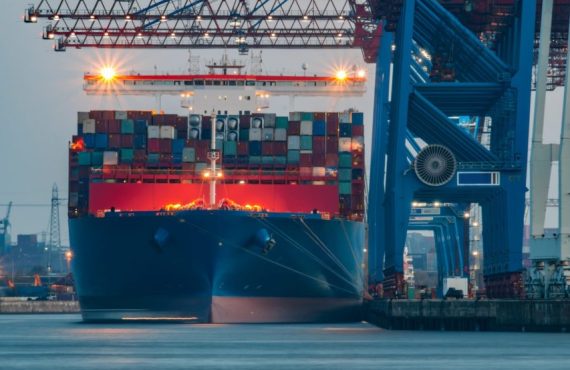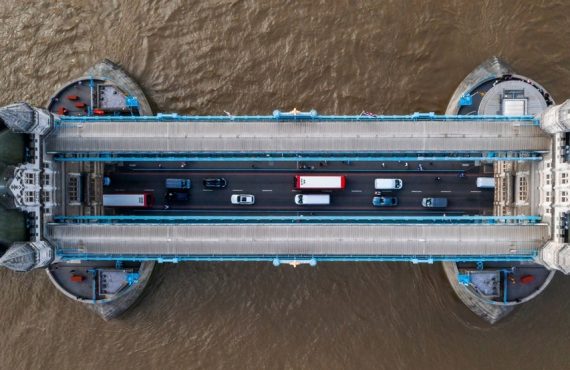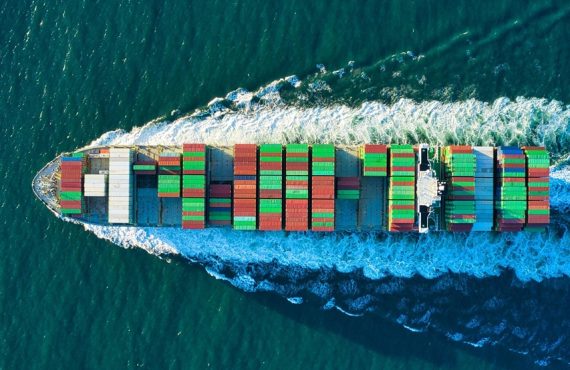In today’s maritime industry, fuel efficiency and sustainability are top priorities. Energy-saving systems have become vital in optimizing vessel performance, reducing operational costs, and minimizing environmental impact. By integrating smart energy solutions, shipowners can achieve higher efficiency while ensuring compliance with global environmental regulations.
How Energy-Saving Systems Work
Modern vessels rely on intelligent systems to regulate and optimize energy consumption:
- Smart Power Management: Real-time monitoring and automation help optimize energy distribution.
- Cooling & Ventilation Optimization: Efficient seawater and freshwater cooling systems enhance performance while reducing energy waste.
- Fuel Consumption Control: Automated fuel management systems reduce excessive usage, improving cost efficiency.
Key Benefits of Energy-Saving Systems
- Cost Efficiency: Lower fuel consumption leads to significant cost savings.
- Environmental Compliance: Reduced emissions align with IMO and MARPOL sustainability goals.
- Operational Reliability: Optimized systems enhance vessel longevity and reduce downtime.
The Future of Energy-Efficient Maritime Solutions
With stricter environmental regulations and rising fuel costs, energy-saving systems are no longer an option—they are a necessity. Investing in these technologies not only benefits operations but also contributes to a greener maritime future.
By implementing energy-saving systems, shipowners and operators can optimize performance, reduce costs, and contribute to a more sustainable maritime industry. Smart energy solutions ensure vessels remain efficient, compliant, and future-ready.







